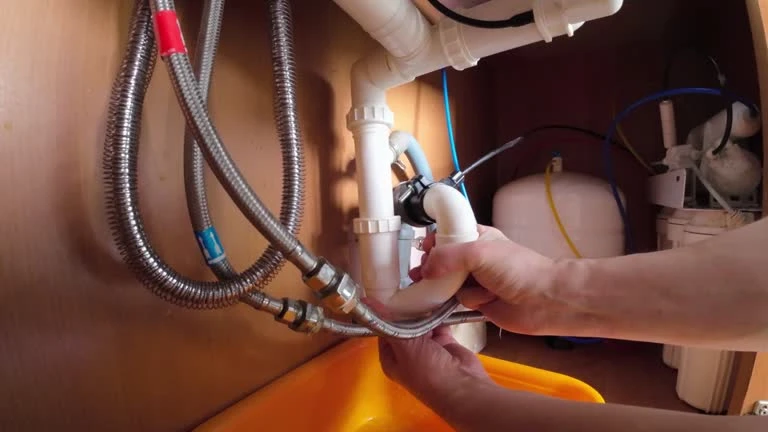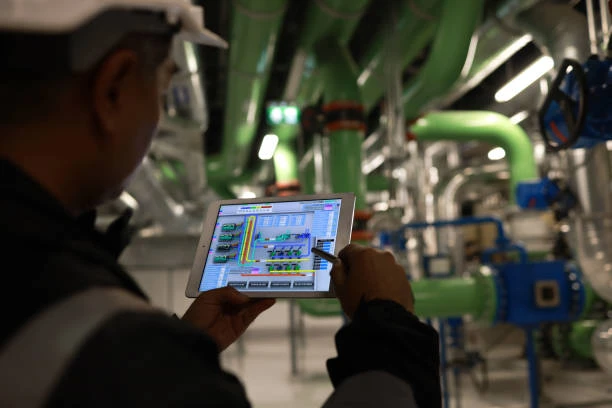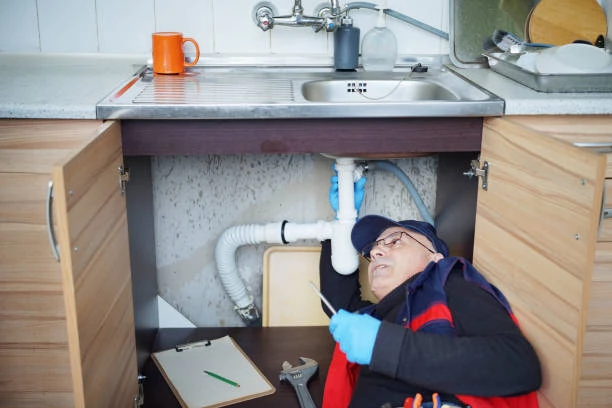Introduction to PPR Piping Systems
PPR (Polypropylene Random Copolymer) piping systems have gained popularity due to their durability and resistance. These systems find applications in various sectors, including plumbing, heating, and industrial processes. The lightweight nature of PPR makes installation easier. Additionally, PPR pipes resist corrosion and scale build-up. Their high chemical resistance extends their lifespan. As industries seek sustainable solutions, PPR piping systems fit these needs well. They offer a reliable alternative to traditional materials like metal and PVC.
The Role of PPR Welding Devices
PPR welding devices are essential for joining PPR pipes effectively. These tools ensure strong and leak-proof connections. The process of welding involves heating the pipe ends and fusing them together. This method creates a bond that is as strong as the pipe itself. Modern PPR welding devices come with advanced features. For example, temperature control ensures optimal fusion. Automatic shutoff functions enhance safety. With these innovations, users achieve high-quality joints in less time.
Advancements in PPR Welding Technology
Recent advancements have transformed PPR welding technology. Newer devices offer faster heating times. This efficiency reduces installation downtime significantly. Some devices now incorporate digital displays for easy monitoring. Users can select precise temperatures for different pipe sizes. This precision enhances the quality of welds. Furthermore, lightweight designs improve portability on job sites. These innovations make PPR welding devices user-friendly and efficient.
Environmental Benefits of PPR Systems
PPR piping systems contribute positively to environmental sustainability. They are fully recyclable, reducing waste in landfills. Unlike metal pipes, PPR systems do not leach harmful chemicals. This feature makes them safe for drinking water applications. Their energy efficiency during production also lowers carbon footprints. Industries adopting PPR systems support eco-friendly practices. As governments enforce stricter regulations, the demand for PPR systems grows.
Market Trends in PPR Piping
The global demand for PPR piping systems continues to rise. Market research indicates a shift towards sustainable materials. This trend encourages manufacturers to innovate further. The construction sector leads in PPR system applications. Increased urbanization drives the need for efficient plumbing solutions. Companies invest in research and development to enhance product features. This competitive landscape fuels innovation in welding devices as well.
Training and Education for PPR Welding
Proper training in using PPR welding devices is crucial. Skilled technicians ensure high-quality installations. Many manufacturers offer workshops and online courses. These educational programs focus on best practices and safety protocols. Training increases confidence and efficiency among workers. Additionally, certification programs promote industry standards. Companies benefit from having qualified personnel on-site. This focus on education ultimately enhances project outcomes.
Challenges in PPR Technology Adoption
Despite the advantages, challenges exist in PPR technology adoption. Some professionals may resist switching from traditional materials. Concerns about long-term performance can deter investments. Additionally, the initial cost of PPR systems may be higher. However, the long-term savings on maintenance and energy often offset this. Education and awareness campaigns can help mitigate these concerns. By highlighting the benefits, stakeholders can encourage broader adoption.
Future Outlook for PPR Piping Systems
The future of PPR piping systems looks promising. Innovations in welding devices will continue to drive growth. As technology advances, we will see improvements in efficiency and functionality. Additionally, the push for sustainable construction methods will enhance the appeal of PPR. Industries will increasingly recognize the long-term benefits of these systems. Continued research and development will foster a competitive market. A robust focus on training will ensure skilled professionals lead the way.
In conclusion, PPR piping systems, supported by innovative welding devices, present a bright future in the construction and plumbing industries. Their environmental benefits and growing market acceptance position them as a preferred choice.
IFAN Products international standards
IFAN products strictly adhere to a comprehensive range of international standards, encompassing ISO 15874, EN 15874, ASTM F2389, DIN 8077/8078, GB/T 18742, NBR 15884, ISO 15494, EN ISO 15494, GB/T 19472, NBR 15494, ASTM 2846 (501), DIN 8079/8080 (502), ASTM F441/F441M SCH80 (503), DIN (504), DIN (505), GB/T 18993, AS/NZS 1477, CSA B137.6, NSF/ANSI 14, TIS 17-2532/1131-2535, BS 3505, BS 4346 (801), ASTM D1785 SCH40 (802), ASTM D1785 SCH80 (803), DIN (804), GB (805), GB (806), GB(901), DWV(902), ASTM D2665 (903), along with ASTM D2241, D2665, D2729, and F441/F441M series, ISO 1452, EN ISO 1452, DIN 8061/8062, GB/T 10002, AS/NZS 1477, JIS K6741, CSA B137.3, and other national and industry norms.
Connect
IFAN is a Chinese manufacturer of plastic pipes, fittings and valves with 30 years of experience. If you are interest in IFAN copper fittings, copper valves, plastic pipes and fittings, please contact us. IFAN offers you a variety of standard pipes to meet your specific needs. Click below to learn more about IFAN’s wide range of affordable and cost-effective valve products and piping system related products.
We will reply your email or fax within 24 hours.
You can call us at any time if there is any question on our production.
For more information,pls visit our webside https://waterpipefitting.com/
Pls Mailto: [email protected]
Whatsapp: +86 15088288323














Recent Comments